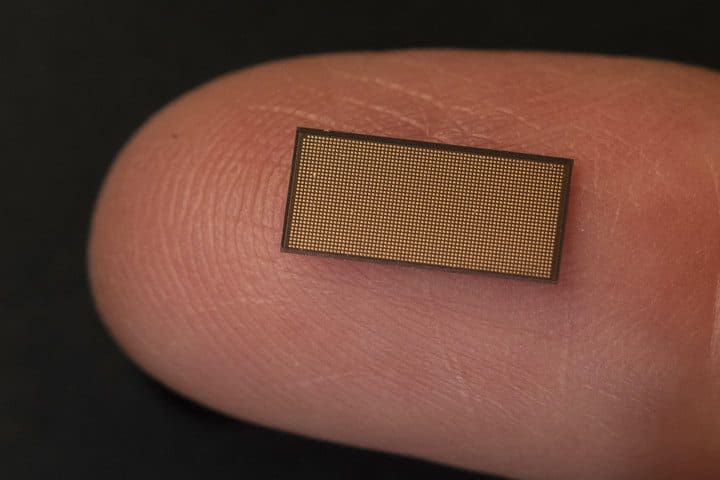Would you like to get notifications from Christian?
Could honey be the future of sustainable computing? According to researchers at Washington State University (WSU), it just might be. Scientists involved in the study claim that this technology could be paving the way for eco-friendly, bio-degradable, and powerful computer chips. Honey is hardly the first thing to come to mind when you imagine a computer chip, but WSU engineers believe that it could be the key to making computing more sustainable while also being powerful enough to mimic the workings of a human brain. This form of computing is made to simulate how the neurons in our brains work.

Eco-friendly and sustainable computing is important for a number of reasons. For one, it can help reduce our reliance on rare earth metals, which are typically used in the manufacturing of computer chips. It can also help cut down on e-waste, as bio-degradable materials are much easier to recycle than traditional computer components. Finally, sustainable computing can help reduce our carbon footprint, as it requires less energy to run.
What’s next? The WSU team is currently working on a prototype of their honey-based computer chip. If successful, it could be the first step towards a more sustainable future for computing. So far, the team has been able to use honey to create a working circuit, and they believe that the technology has potential for large-scale applications. Only time will tell if honey really is the future of computing, but it’s certainly an interesting possibility worth exploring further.
What are your thoughts? Do you think honey could be the key to sustainable computing?
Christian is a futurist and trendwatcher who speaks about the impact of exponential technologies like AI on organizations, people, and talents. Christian tailors his presentations to your audience's specific industries and needs.



Our world is changing at an exponential rate! A big tidal wave of digital transformation and disruption is coming at us fast. Many organizations see this wave as a threat and experience stress, but there are also organizations that just see this wave as an opportunity.

Imagine sitting with just 10-15 fellow executives at a premier location, gaining clarity on the impact of AI on your industry while enjoying an exquisite dining experience. These are not just meetings—they are transformative moments that will shape the future of your organization



In the future, 3D printing and generative design will allow for products to be designed in a more decentralized manner, and production will take place closer to the customer and fully on-demand. 3D printing technology will also allow for more customization and personalization of products.


The agricultural industry is ripe for disruption. Robotics, AI, and IoT are all technologies that have the potential to radically transform the way we grow food. In combination with vertical farming, these technologies could increase the efficiency and quality of agricultural products.

A human-centered society is one that puts people first and where technology is used to unite and empower people. It is a society that values biological life and dignity above all else. It is a society that recognizes the importance of human relationships and works to strengthen them. In a human-centered society, all members of the community are valued and treated with respect.


The future of healthcare is here. New technologies like AI, IoT, big data, and smart sensors make it possible to become the CEO of your own health. Imagine that your phone can listen to your voice and AI algorithms can detect small nuances in the tone of your voice that indicate specific diseases.
